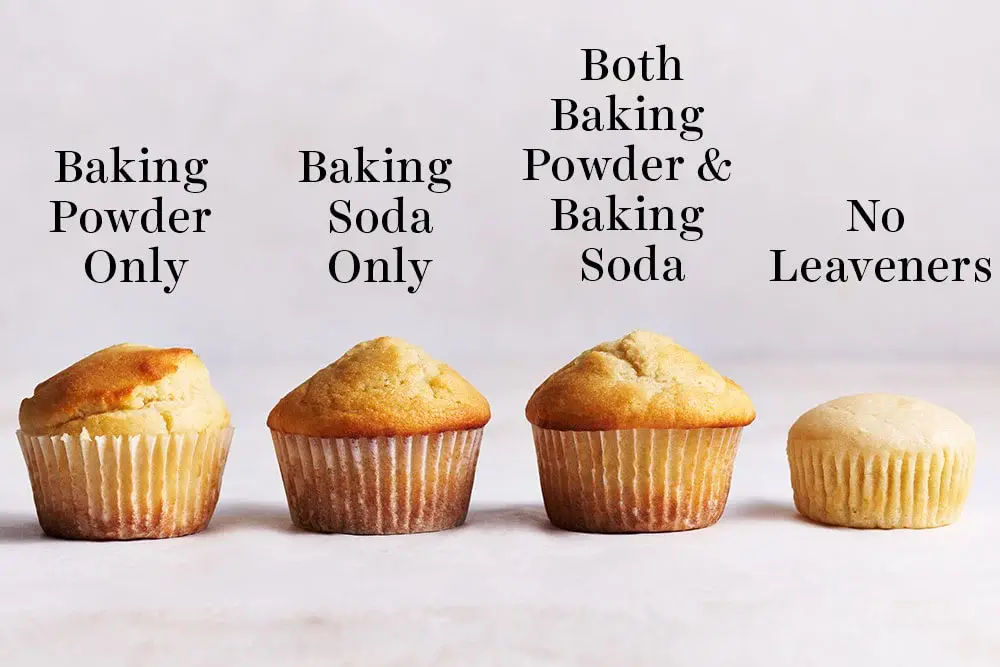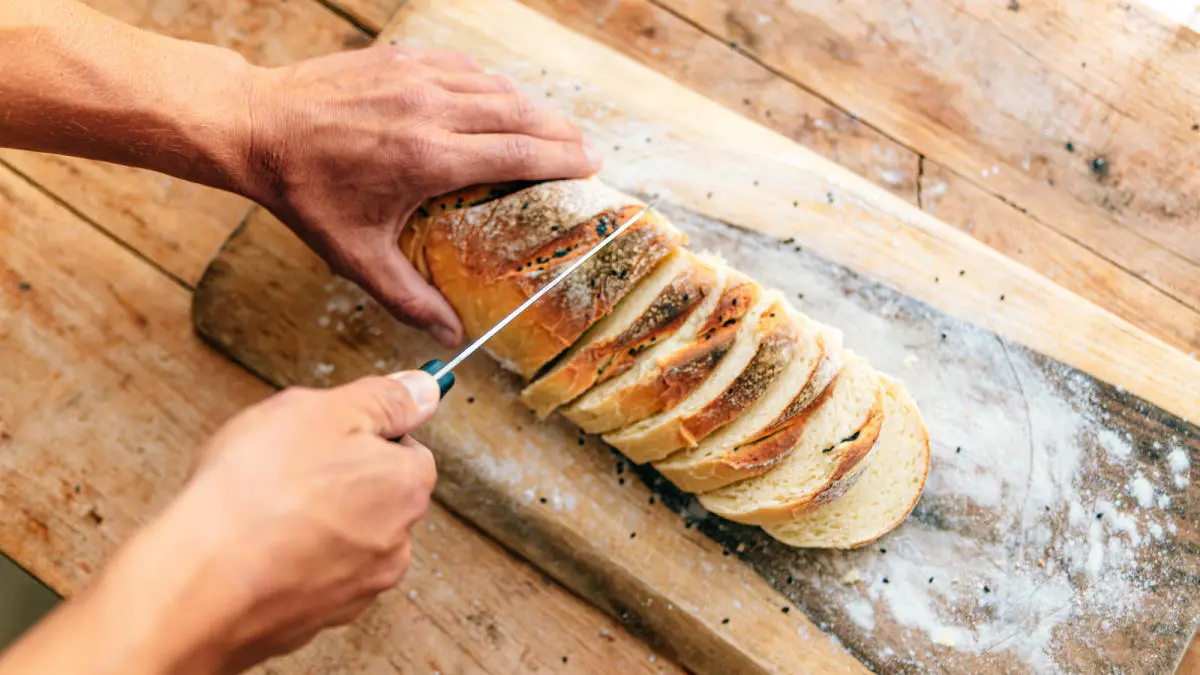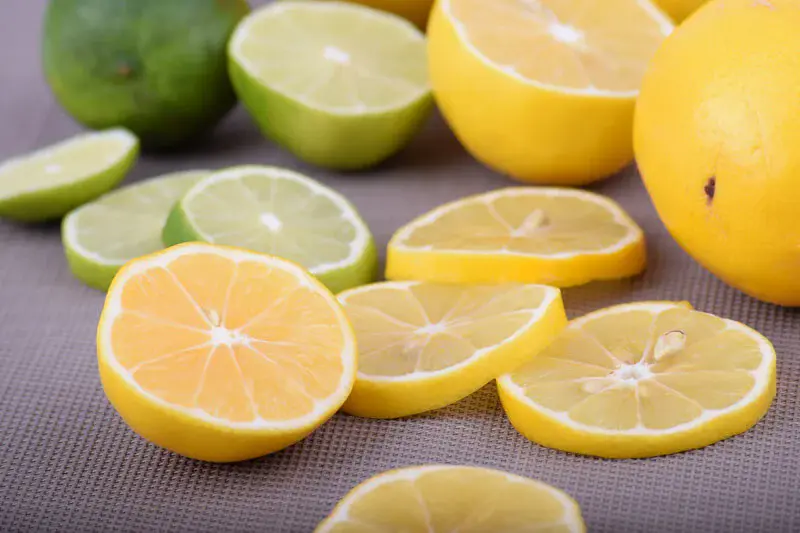Foods affected by hard water
If you've ever enjoyed a particularly bitter cup of coffee or tea, hard water might be the culprit. Did you notice a thin film on the surface of your hot beverage? This is likely due to the type of water used. For this reason, using filtered water is recommended for brewing coffee and tea. A similar phenomenon can occur in cooking, such as when making soup, broth, or sauce. While it may not be immediately obvious, you might detect a subtle, mineral aftertaste. Adding a splash of vinegar or lemon juice can help balance this flavor.
Additionally, hard water takes longer to reach a boil. If you're using unfiltered tap water, you may find that pasta requires a longer cooking time. Foods that are typically boiled—like vegetables, pasta, or rice—can also turn out denser when prepared with hard water. Beans are particularly affected; dried beans need to be soaked before cooking, and hard water can make it difficult to achieve the desired softness.
In baking, the type of water used is especially important, as water is a crucial ingredient in many dough recipes. Hard water can sometimes be beneficial, as it may strengthen the gluten in the dough, resulting in a sturdier baked product. However, this can also lead to excessive density and toughness in items that should be light and airy. To counteract this, bakers often add more yeast, but filtered water is generally considered the best choice for baking.
Recommended

What's The Difference Between Baking Soda And Baking Powder?

How To Cut A Loaf Of Bread Into Nice, Even Slices

For Easy To Work With Shortbread Dough, Follow Ina Garten's Fool-Proof Tip

Paul Hollywood's Temperature Trick For Perfect Pastry
Next up

